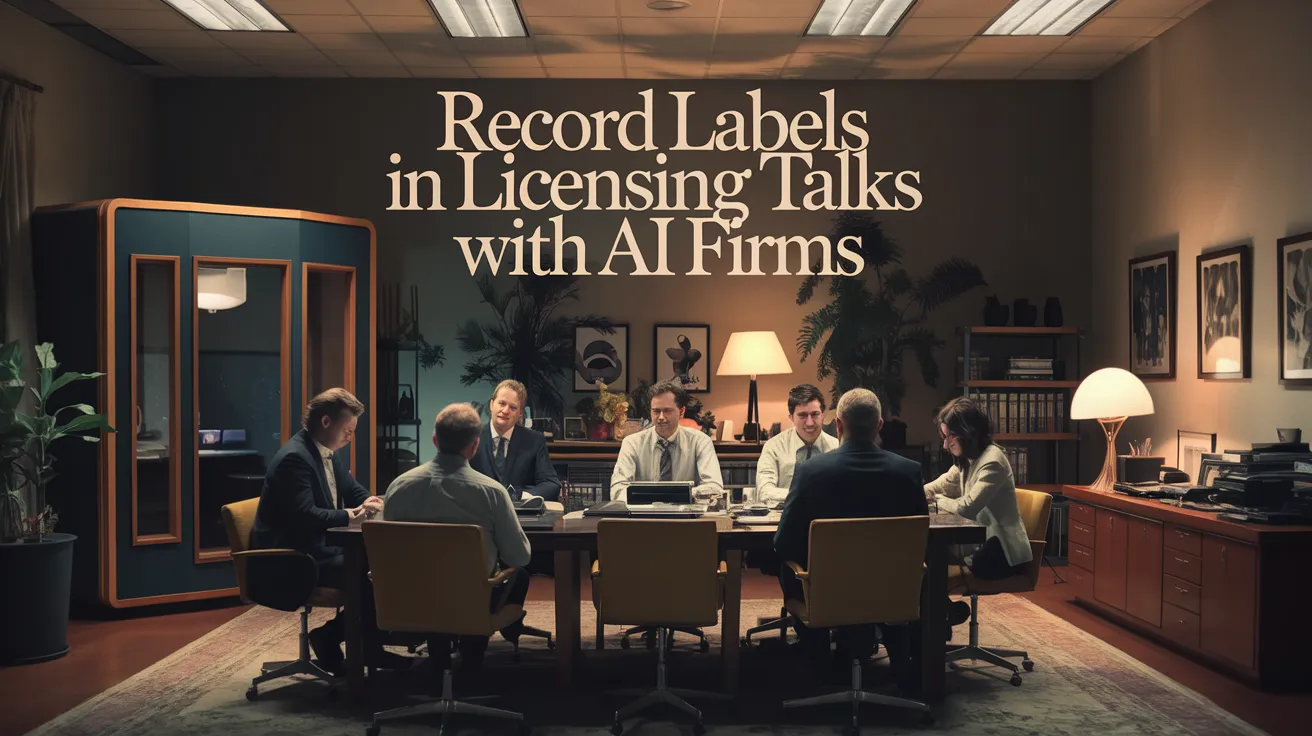Record Labels in Licensing Talks with AI Firms

In a significant development for the music industry, major record labels Universal Music Group, Warner Music Group, and Sony Music Entertainment are reportedly engaged in discussions to license their works to emerging AI startups, Udio and Suno. According to a recent report by Bloomberg, these licensing talks are pivotal as they aim to establish a framework that ensures AI companies appropriately compensate artists for their creations.
Focus on Artist Compensation and Equity
The negotiations come on the heels of previous lawsuits, wherein the record labels accused Udio and Suno of copyright infringement. Both parties are now seeking a resolution to these legal disputes through a mutually beneficial agreement. The record labels are proposing to receive a small equity stake in the companies, showcasing their desire for a sustainable revenue model amid the rapidly evolving technology landscape.
The startups, Udio and Suno, enable aspiring music artists to generate audio content by simply providing prompts that describe desired sounds or themes, such as creating “a modern country ballad about unrequited love.” This innovative approach raises questions about ownership and rights, emphasizing the need for clear guidelines on compensation and copyright in the use of existing music works.
Navigating Copyright and Innovation
The ongoing talks signify an important moment for the intersection of music and artificial intelligence. As both parties attempt to find common ground, the music labels are advocating for greater control over the usage of their intellectual property. Conversely, Udio and Suno are looking for flexibility to innovate and experiment in the music production process.
This balancing act highlights the broader conversation regarding how traditional industries can adapt to technological advancements without stifling creativity. If successful, these licensing agreements could not only reshape how artists are compensated but also set significant precedents for the music industry’s relationship with AI technologies in the future.